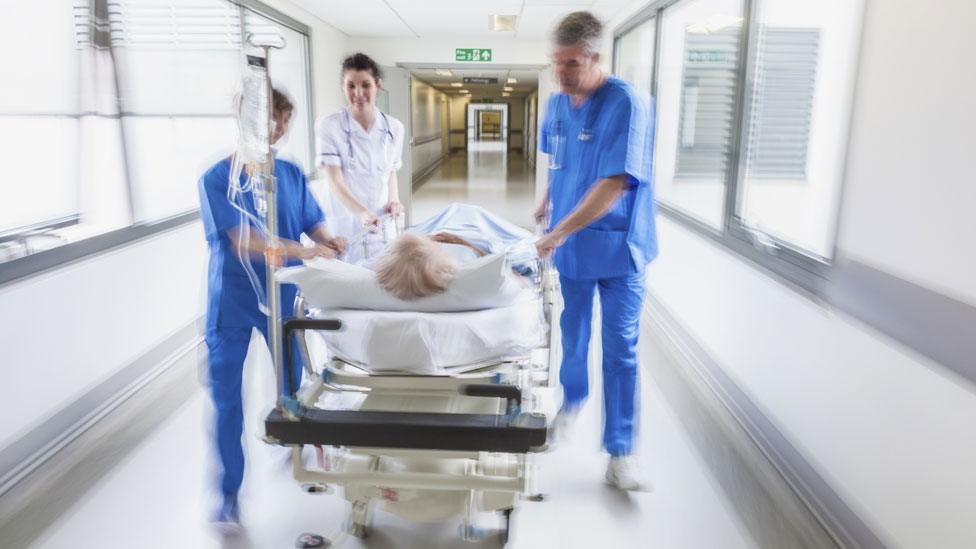NHS Wales staff praised in face of challenges
- Published
The boss of NHS Wales has praised staff for providing quality services in the face of challenges.
Chief executive Dr Andrew Goodall has launched his second annual quality statement for the health service., external
Despite growing demands on emergency departments, frontline staff were "broadly able to meet these pressures".
He stressed a focus on the individual. "We need to change our question to 'what matters to the patient', rather than 'what is the matter?'"
Dr Goodall thanked staff for delivering in services with challenges in terms of demand and difficulties in recruitment in some areas, saying many "go that extra mile" to keep improving services.
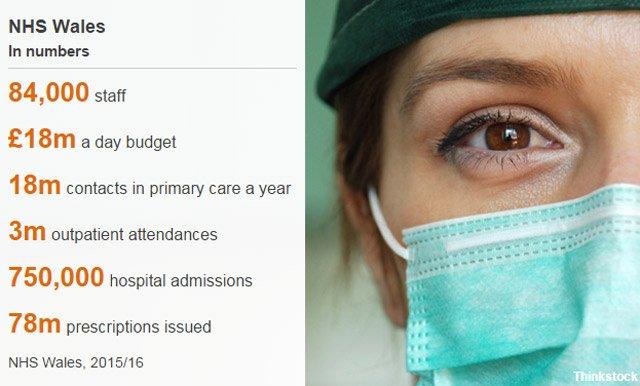
He said the NHS could boast of many examples of world-beating services but where things could be better, staff were "working tirelessly" to make improvements.
Meanwhile, in a survey of nearly 8,000 patients, 98% felt that they were treated with dignity and respect and 95% felt they were given full information about their care.
The annual quality statement for NHS Wales is an overview of all the work going on to improve the quality of care.
Among the areas covered:
Emergency departments - A&E units saw 3,000 patients a day and the number waiting longer periods has increased over the past 12 months, with increasing pressure on services but staff were "broadly able to meet these pressures" with more than 80% waiting less than four hours
Infections - the NHS did not reach the overall target on MRSA and C.difficile but over 18 months there was a 32% reduction in the rate of C.diff and a 10% reduction in MRSA. This means that there were 251 fewer cases of C.diff and 20 fewer MRSA bacteraemia to 5,045
Sepsis - 500 fewer people a year are dying in Wales due to new screening tools and innovative ways of providing prompt care
Patient falls in hospitals - the number reduced from 449 in 2013/14 to 432 in 2014/15
Stroke patients - they should spend 90% of their time on a stroke unit rather than another ward. This has "improved substantially" across Wales to compliance for over 73% of patients, better than the UK national average
Good practice includes a pilot at Wrexham Maelor Hospital where patients are asked to give star ratings for how they were looked after in wards and departments, with weekly feedback to staff. The NHS is looking to extend it across Wales.
There is also praise for "virtual wards" in Powys, which allow elderly and frail people to be cared for in their own homes and has helped reduce emergency admissions to hospital by 12%.
A "one drink one click" app developed by Public Health Wales to help people monitor alcohol consumption has been taken up in England.
"Despite the challenges posed by increasing demand for our services, we remain fully committed to providing safe, compassionate care, focused on the individual and the core principles the NHS stands for," said Dr Goodall.

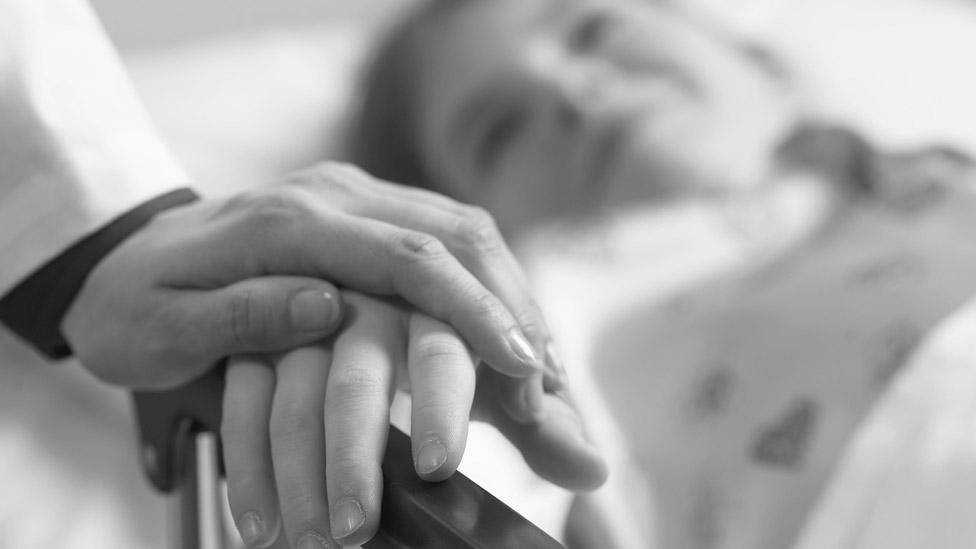
ON STAFF FROM EU COUNTRIES
Dr Goodall also promised the Welsh Government would do all it could to "look after" NHS staff from the EU working in Wales following the referendum result, saying they play an important part.
There are more than 500 doctors alone who were trained in EU countries.
"We have to wait and see the detail and the plans that emerge after such a significant decision," he said.
"We have very committed staff working in the NHS more generally who have joined us from both an European and international context.
"We've had very recent recruitment campaigns across Wales. I think it's important for us to just recognise the hard work they've put into making the NHS in Wales improve and the support they provide to Welsh communities."
Dr Andrew Goodall tells BBC Wales health correspondent Owain Clarke about some of the challenges
ON RECRUITING DOCTORS FROM ENGLAND
Dr Goodall said the NHS in Wales would offer a "very warm welcome" to any staff who choose to work here after a bitter dispute in England about a new junior doctor's contract.
Ministers in England are paving the way to impose new work patterns on junior doctors in England after the profession rejected the deal that had been agreed between union negotiators and UK ministers.
The UK Government said the new contract will help the NHS in England become a truly seven day service, while critics claim it will lead to less safe services for patients.
The Welsh Government has said consistently it would not impose a new contract on junior doctors in Wales but would negotiate any future changes to work patterns in the spirit collaboration.
Asked about the impact on Wales of the dispute in England, Dr Goodall told BBC Wales: "Obviously we're going to have to take a serious look about what that means.
"But it's absolutely right to say the Welsh Government has not had any intention to impose a contract. I think we've worked in a very collaborative manner with our medical staff and doctors in Wales and the BMA as well."
Recent figures suggest a significant rise in junior doctors recruited by NHS Scotland but Dr Goodhall said the trend had not been replicated in Wales.

Vanessa Young, director of the Welsh NHS Confederation which represents health boards, said the achievements had been delivered while the NHS "continues to carry out a staggering level of activity each and every day".
"However we are not complacent. We know there are areas where improvements can be made and our members will continue to work hard to deliver great care to patients and meet the challenges ahead," she said.
- Published7 July 2016
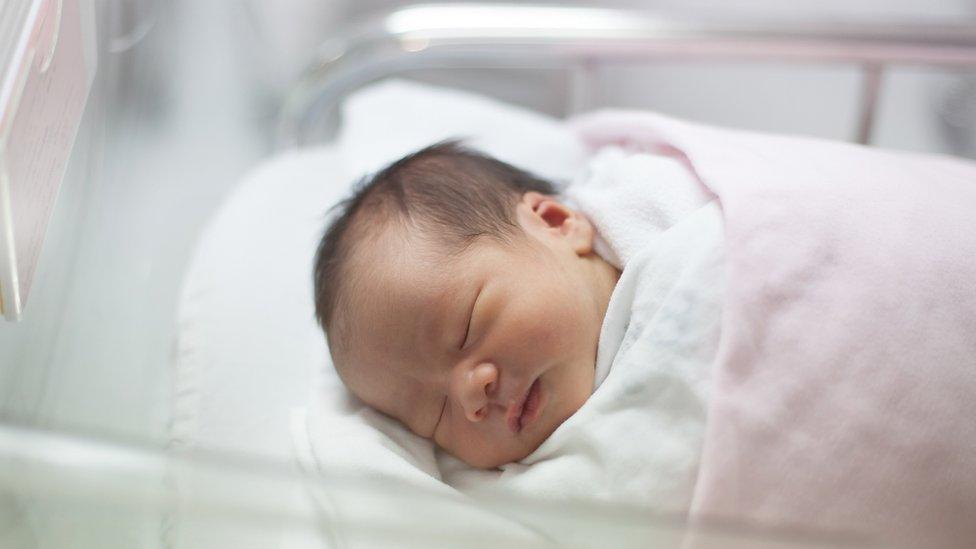
- Published16 June 2015
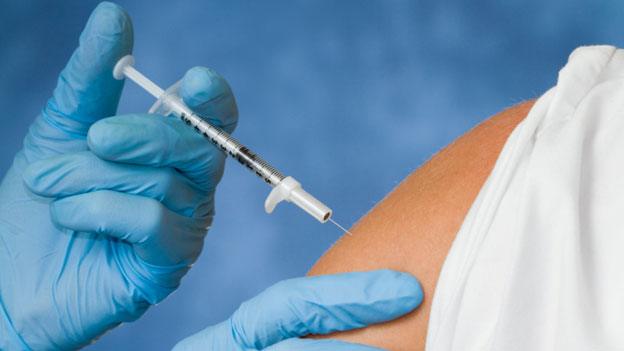
- Published12 February 2016
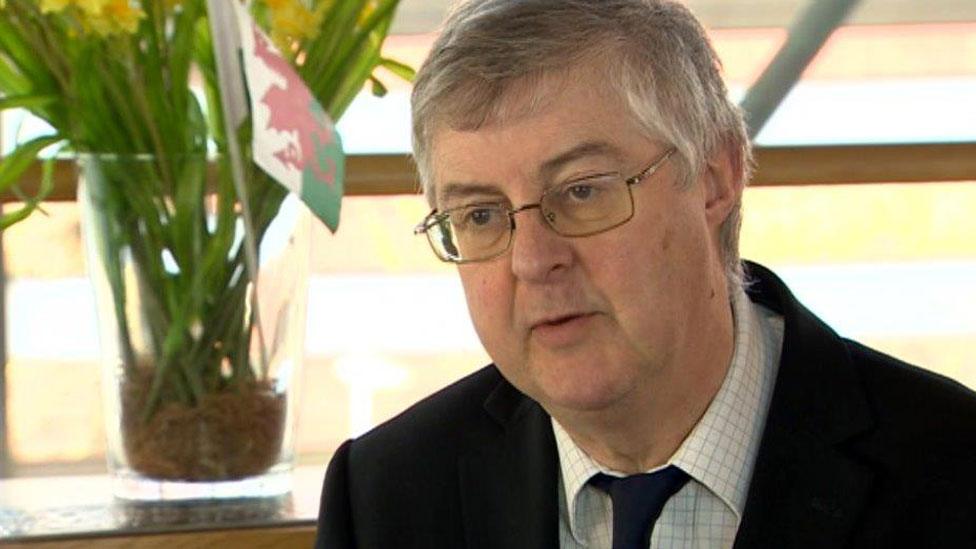
- Published29 June 2015
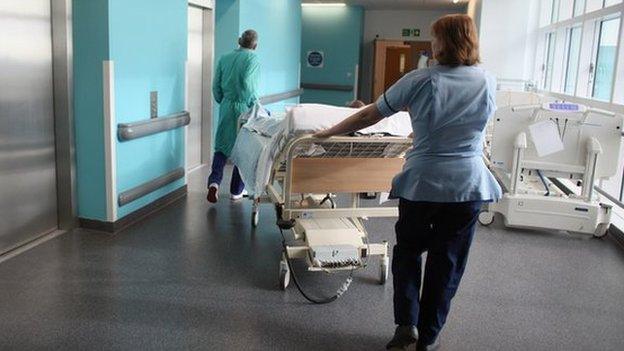
- Published12 February 2016
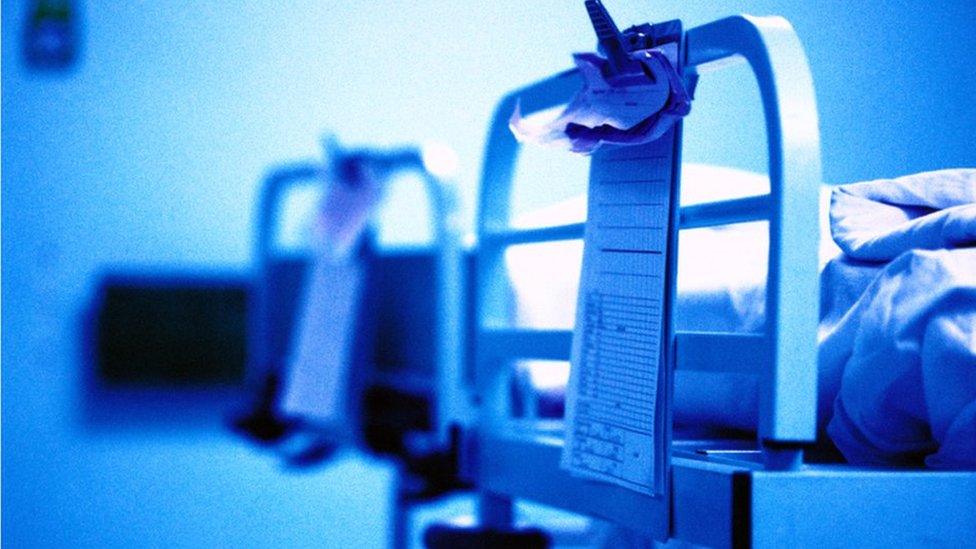
- Published29 April 2016
